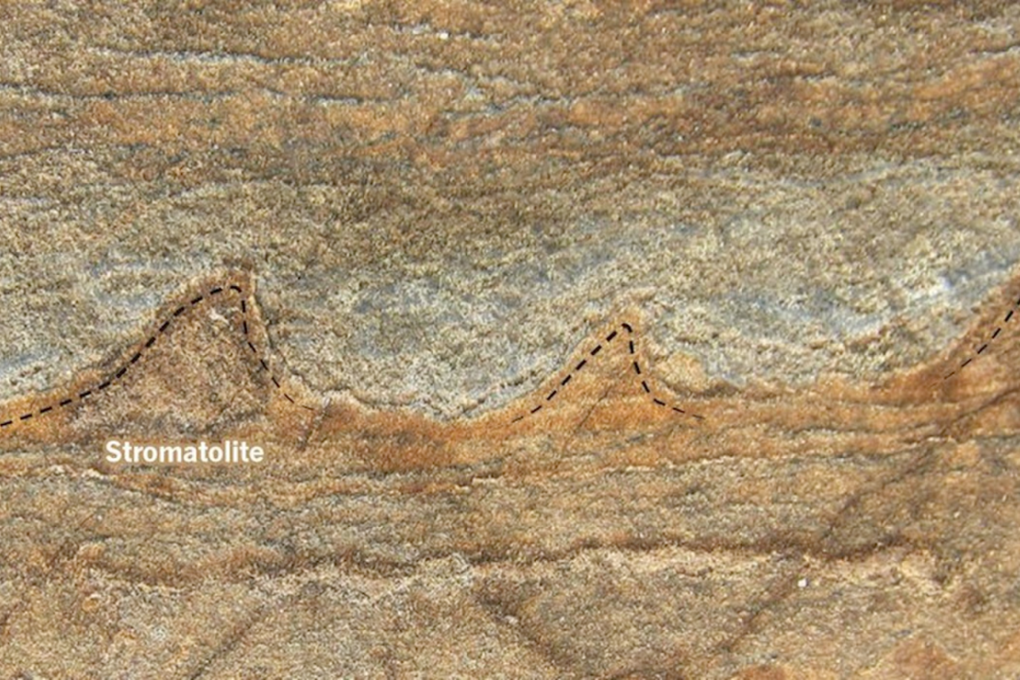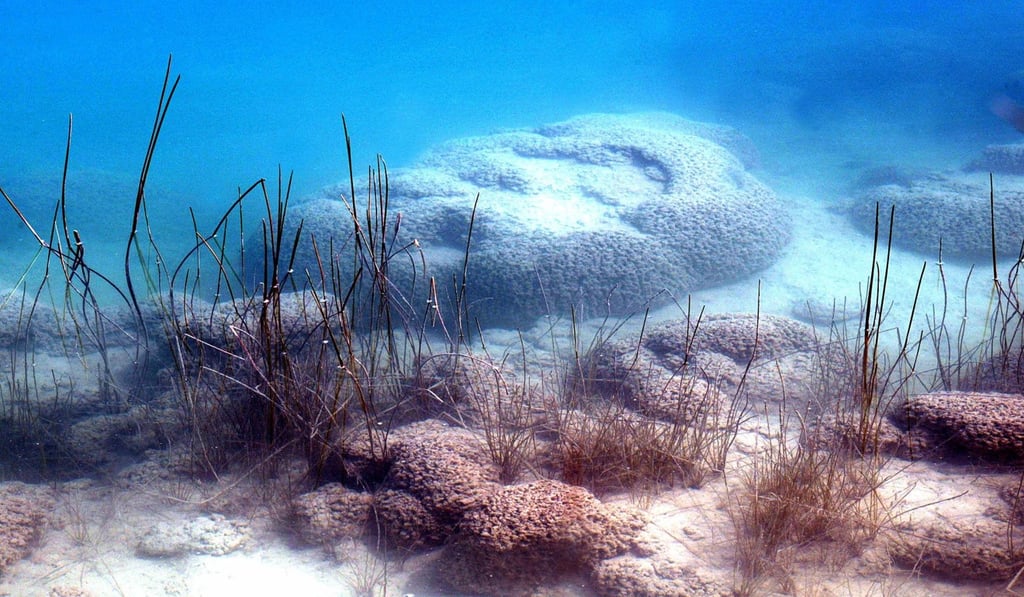Oldest fossils on Earth? Nope, they’re probably just rocks, new study says
‘The search for traces of early life is without any doubt a difficult task and often raises controversy’

What were billed as the oldest fossils on Earth may just be some rocks, according to a new study.
Two years ago, a team of Australian scientists found odd structures in Greenland that they said were partly leftovers from microbes that lived on an ancient sea floor. They were said to be 3.7 billion years old, which suggests life formed quicker and easier than thought after Earth formed.
But on Wednesday, the journal Nature, which published the original 2016 study, released new research using Nasa technology that concludes the structures found on rocks were likely not fossils but more rock. The Australian scientists, however, still maintain they are.
The new work was done by Nasa astrobiologist Abigail Allwood, who had found the previously oldest fossil at nearly 3.5 billion years old. When she read the 2016 paper, she thought “there was something not quite right” so she went to Greenland and looked herself.

Allwood found the shapes, the weathering and mostly the interior layers of the structures didn’t fit with this type of fossil, called stromatolites. One even was growing in what she called the wrong direction.
Then Allwood used a version of an instrument that’s being sent to Mars in a few years to create a chemical map of the structure. She said it didn’t have the chemical signature of fossilised life.